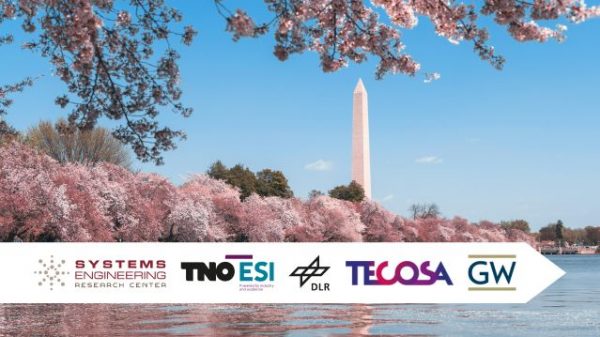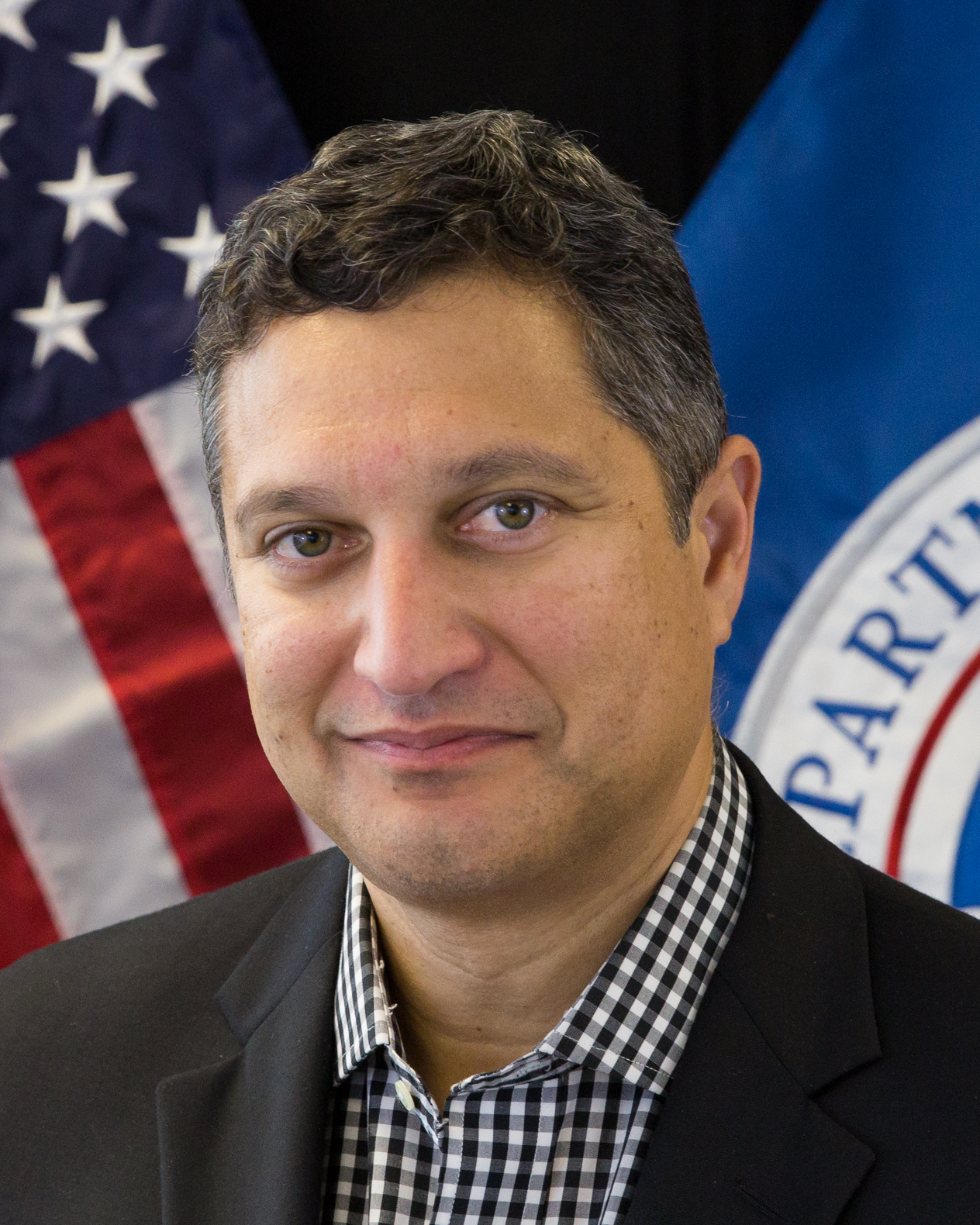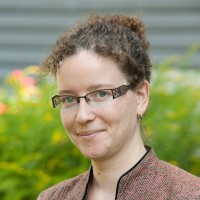Tuesday, June 4: Invited Talks on Trustworthy AI from Academia, Industry, and Government Speakers
7:30 am - 5:00 pm
The theme of this third annual workshop is Trusted AI and Autonomy. AI is changing how people work, communicate, learn and organize. As transformative AI becomes increasingly embedded in complex systems, engineers, policy makers and researchers must determine how to govern and evaluate this emerging technology while balancing its potential to transform society for good against the risks and harms that arise from novel use cases. There is a need to connect choices about data and design to strategies for the governance of AI systems and the data on which they are trained and deployed.
This workshop brings together researchers and practitioners from different disciplines and application areas to discuss fundamental concepts of trust in AI and autonomy, and methods to ensure this trust in deployed systems. Specific topics of interest include:
- Human aspects of trust and explainability
- Systems Engineering for AI and autonomy
- Management of trust/risk measures
- Evaluation and certification of autonomous systems
- Testbeds to evaluate socio-technical aspects of trust
Keynote Speakers
- Government Keynote: Martin Stanley, Emerging Technology Branch Chief at the National Institute of Standards and Technology (NIST)
- Industry Keynote: Ron Keesing, Senior Vice President for Technology Integration, Leidos
Archimedes Partner Presentations
- Axel Hahn, DLR, Trustworthy Vehicles: Let’s Learn from Live
- Freek Bomhof, TNO-ESI, Trustworthy AI as a Requirement in Applied Research Prototypes
- Martin Törngren, TECoSA, Trustworthy AI Based Cyber-Physical Systems – the Good, the Bad and the Real Challenge
- Zoe Szajnfarber, SERC, Opportunities for Systems Engineering in the Trustworthy AI








